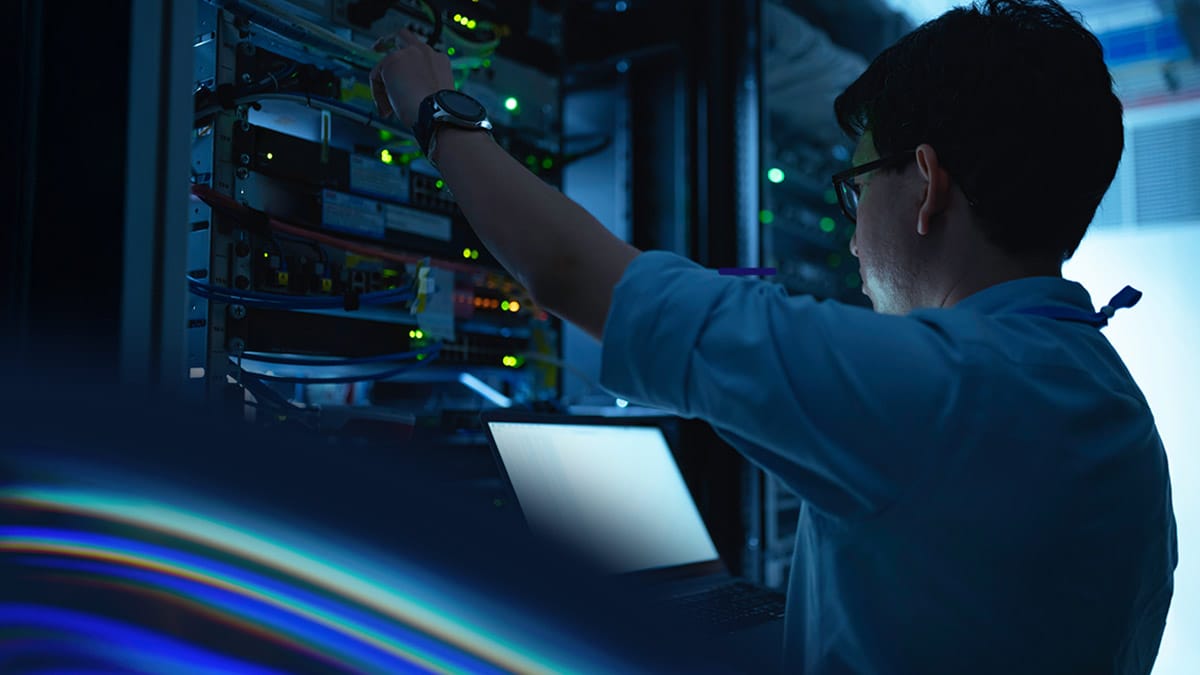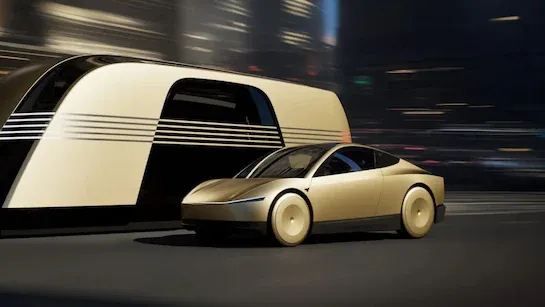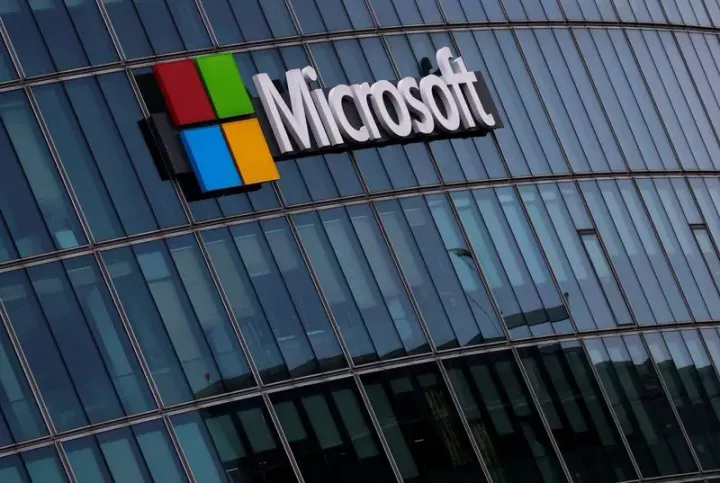Cisco’s New P200 Chip Set to Supercharge AI Data Centers Over Massive Distances

In a major move to support the next generation of artificial intelligence infrastructure, Cisco has launched its powerful new networking chip, the P200, designed to connect data centers spread across thousands of miles. This innovation aims to help AI systems operate as a single, unified brain — even when their components are located in entirely different regions.
Tech giants like Microsoft and Alibaba have already signed on as early customers, marking a strong debut for the chip as Cisco ramps up its presence in the high-stakes AI race.
What is Cisco’s P200 Chip?
At the heart of this breakthrough is the P200, a networking chip created specifically for the needs of large-scale AI operations. The chip is designed to sit inside Cisco's newly released router, enabling lightning-fast connections between far-flung data centers.
This isn’t just about improving speeds within a single facility — it’s about making multiple data centers, located possibly hundreds or even 1,000 miles apart, function as if they were one giant machine.
Why Do AI Systems Need This?
As AI models grow in size and complexity, companies like Nvidia are using tens of thousands of powerful processors to train them. But even the largest single data centers aren’t always enough. Now, AI tasks are so massive that they require resources across multiple facilities, creating a need for high-speed, long-distance connections that don’t slow anything down.
“We’re saying, the training job is so large, I need multiple data centers to connect together,” said Martin Lund, Executive VP of Cisco’s common hardware group. “And they can be 1,000 miles apart.”
Power-Hungry AI Is Changing the Map
Another reason for spreading data centers over long distances? Power consumption.
AI data centers devour huge amounts of electricity, forcing companies to set up shop wherever energy is available in abundance. That’s why big players like Oracle and OpenAI are moving to places like Texas, and Meta is expanding in Louisiana — not just for space, but for gigawatts of electricity.
Lund noted that companies are now placing data centers “wherever you can get power,” turning connectivity into a top-tier priority.
One Chip Replaces 92 — And Uses 65% Less Power
The P200 chip isn’t just powerful — it’s also efficient.
Cisco claims that what once required 92 different chips can now be handled by the P200 alone. That translates into much smaller hardware, easier scaling, and significantly lower power usage. The new router powered by the P200 reportedly uses 65% less energy than traditional devices in the same class.
That’s a major win in both performance and sustainability.
Tackling the Toughest Challenge: Data Sync Across Cities
One of the most difficult aspects of connecting multiple data centers is keeping data synchronized in real time. A single delay or missing packet can throw off massive AI training runs, causing serious setbacks.
Cisco’s decades of experience in data buffering — the technology that keeps data flowing smoothly and accurately — gives the P200 an edge in handling these issues.
According to Dave Maltz, corporate VP of Azure Networking at Microsoft, “The increasing scale of the cloud and AI requires faster networks with more buffering to absorb bursts of data. We’re pleased to see the P200 providing innovation and more options in this space.”
Microsoft and Alibaba Are First to Sign On
Cisco’s move into this niche space seems to be off to a strong start, with cloud giants Microsoft Azure and Alibaba Cloud already enrolling as customers for the new chip. While Cisco hasn’t disclosed how much was invested in developing the chip or its projected revenue, the early adoption by such big names suggests a strong market demand.
Given the global race to build AI infrastructure, many other tech firms could soon follow.
The Bigger Picture: Making AI Infrastructure Global
This isn’t just about faster chips or better routers — it’s about changing how AI infrastructure works on a global scale.
With Cisco’s P200 chip, companies can create distributed systems that are miles apart but still function as a single AI supercomputer. This could lead to more flexibility in building data centers, improved efficiency, and fewer limits on where AI innovation can happen.
As data demand explodes and AI tools become more advanced, chips like the P200 will be essential in powering the systems of tomorrow.
Key Takeaways
- Cisco has launched the P200 chip, designed to connect AI data centers located up to 1,000 miles apart
- The chip powers a new router that uses 65% less power than comparable systems
- Microsoft and Alibaba are already signed on as customers
- The chip replaces 92 separate components with just one, improving efficiency
- It's built to support massive AI workloads that span across multiple data centers
- The chip helps solve data synchronization challenges using advanced buffering technology
- The global push for AI is driving data center expansion into power-rich regions, making long-distance connectivity more crucial than ever



